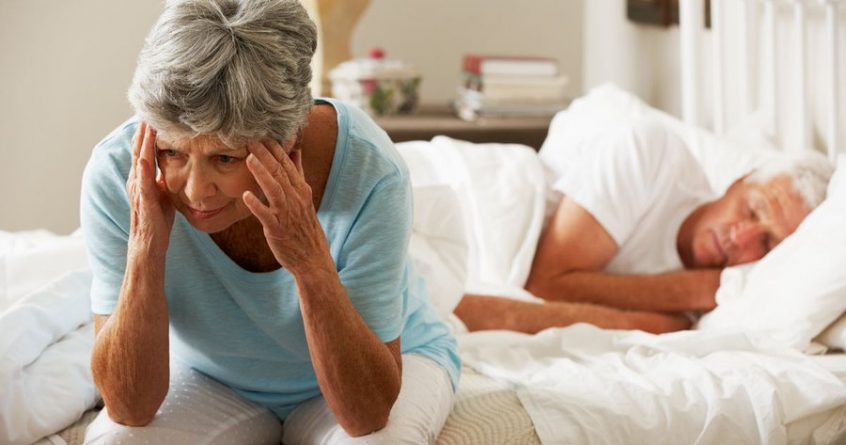When you get out of bed quickly do you occasionally feel dizzy and have to sit down again with a thump? If you do, that light-headedness is called postural hypotension, literally an abnormal drop in blood pressure when you stand.
It’s worth taking note because it can raise the risk of falls, heart disease, depression, dementia and death.
PHoT increases with age, with one in five over-60 year olds having it. Break that down and almost 15% of those aged 65-69 have PHoT, and over 25% of those aged 85 and above.
‘Classic’ PHoT occurs within three minutes of standing, while ‘delayed’ postural hypotension occurs after three minutes. Interestingly, it’s also triggered by meals.
As Artaza Gilani and colleagues point out in the BMJ, PHoT is a feature of many medical conditions such as Parkinson’s disease, diabetes, vitamin B12 deficiency, renal failure, autoimmune disease and cancer.
Then there’s a raft of heart conditions including high blood pressure and arrhythmias. In addition, high blood sugar can bring it on, as can the physical de-conditioning of ageing.
Drugs can cause it too, such as antihypertensives, nitrates, diuretics, tricyclic antidepressants, anti-psychotics and beta blockers. Alcohol can do it as well.
One of the main risks of PHoT is falling, with perhaps a fracture, so the aim of treatment isn’t only to reduce symptoms but also the risk of injury.
Treatment doesn’t attempt to normalise the postural fall in blood pressure. Few doctors would advise treatment for asymptomatic PHoT. Rather, the way to go is to take some precautionary measures such as changing position slowly and in stages (from lying to sitting to standing), rather than going from lying to standing in a swift movement – I count to 10 sitting on the edge of the bed.
Avoid alcohol, large meals, very warm environments and hot showers or baths, and sleep with the head of the bed raised. Do some exercise every day to normalise your blood pressure and when you stand, tense the muscles in your legs and buttocks. You could also try compression stockings.
It’s worth paying attention to reversible causes of PHoT such as drugs, infection, dehydration and anaemia.
You and your doctor can consider stopping or reducing the dose of an offending drug or using a slow-release preparation or replacing it.
It’s always helpful to understand what PHoT is, what causes it, and what may make it worse. The golden rule is to avoid its triggers.

